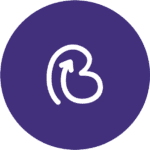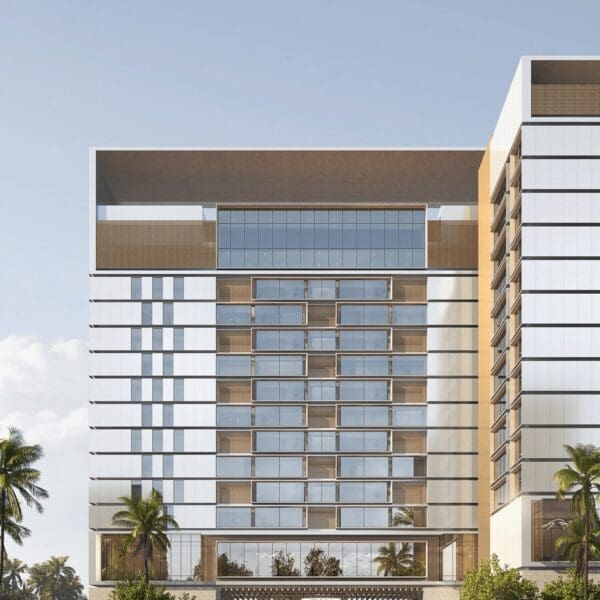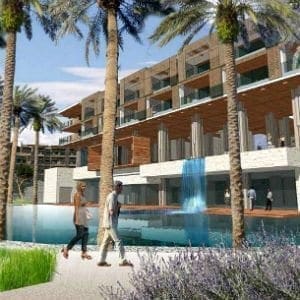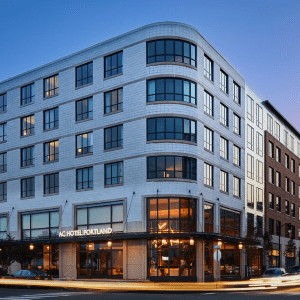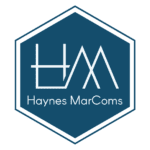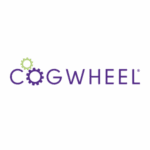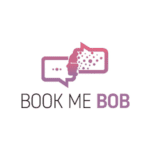
Do you ever feel like you’re trying to keep in touch with your guests, but you’re just not hitting the mark? As a hotel owner, you want everything to run smoothly for both your guests and your staff. However, your data is scattered across systems, there is no time to focus on personalisation, guests’ complaints are increasing, and your staff is overwhelmed by all the manual tasks.
If this situation sound familiar, it might be time to consider a customer relationship management system (CRM) for your hospitality business. As an integrated platform, it can help you reduce manual tasks, enhance personalisation and optimise your operations.
If you still have doubts about whether a CRM could make a difference in your property, keep reading. We’ve created a checklist of seven signs that show a business needs a system like this. If any of these criteria apply to your property, let’s explore a CRM solution.
1. Ineffective and unpersonalised guest communication
First, evaluate your hotel guest communication. Is it general and impersonal? This means you are:
- Sending out the same generic emails to all guests, regardless of their preferences or past experiences.
- Inefficiently handling guest inquiries, as shown by an increased response rate and lost information between systems.
- Struggling to segment guest communications, resulting in irrelevant messages for some guests and missed opportunities for others.
- Limited in pre-arrival engagement, missing out on chances to upsell and gather important information
By implementing a hotel CRM, you can effectively address these communication challenges.
A CRM like Bookboost, can centralise all guest data, empowering hotels to gain more clarity and understand who their guests are and how to approach them. Having all information stored in one system prevents information loss and enables your staff to access valuable information before contacting guests.
2. Disconnected hotel operations
When your operations across various departments, such as front desk, sales, and marketing, are not integrated, it can lead to inefficiencies. When your departments operate in isolation, miscommunication, and missed opportunities are more likely to occur.
One simple example: if a guest requests housekeeping services for the next day at the front desk but isn’t communicated to the housekeeping staff on time (which happens more often than you think), the guest may not receive the service as expected. This can negatively impact the guest experience and harm your hotel’s reputation.
This also means that your guest information is scattered across various systems in different departments, resulting in:
- Duplicated data entries, causing inconsistency in guest data
- Difficulty in tracking guest history since there’s no comprehensive profile of each guest
- Missed upsell opportunities
- Inconsistent guest experiences when departments don’t share information effectively
A hotel CRM can help you by consolidating data from various systems into a single platform, which means that you will have a comprehensive guest profile with accurate and up-to-date guest data so your staff can tailor experiences accordingly.
Moreover, a CRM can streamline communication between departments, ensuring that guest requests are instantly addressed and fulfilled.
3. Poor decision-making due to lack of insights
Imagine a scenario where you need to make a major decision, such as investing in room renovations or property expansion. Without data to support your choice, there’s a much higher chance of making poor decisions.
A hospitality CRM is typically equipped with advanced analytics and reporting capabilities that can provide hotel owners with valuable insights into different aspects of their operations. For instance, you can track guest preferences and behaviours, analyse booking patterns and trends, monitor revenue per guest, evaluate the effectiveness of marketing campaigns, and more.
This data-driven approach can empower informed decision-making, enabling hotels to optimise operations, enhance guest experiences, and drive revenue growth.
Explore 5 not-so-obvious ways to use guest data to make decisions in your hotel.
4. Staff overwhelmed due to an excess of manual processes
Many hotels today are still burdened by time-consuming manual tasks that could easily be automated. You would be surprised if you knew how many hours staff spend manually updating guest details and copy-pasting WhatsApp messages for guests.
If you ever find your staff spending hours each day responding to repetitive guest inquiries, manually inputting reservation details, or updating guest preferences, they likely need more support.
Their time could be spent on more value-adding projects or on creating valuable interactions with guests, which separates your property from the competition and has an impact in guest satisfaction.
By implementing a CRM in your hotel, you can say goodbye to many of the manual processes that burden your staff today, allowing time for more strategic tasks.
Get more information: 5 Triggers to automate hotel marketing tasks
5. Too many platforms overlapping
When your team frequently expresses frustration about which system to use for specific tasks, it clearly indicates that you’re using too many overlapping platforms. This not only slows down productivity but also increases the risk of human error due to the constant switching between systems.
Similar to having disconnected operating systems, using too many overlapping platforms can lead to data inconsistencies as information is entered into multiple systems.
As a result, addressing guest inquiries takes longer because staff must consult multiple systems.A hotel CRM can solve this problem by providing a single source of truth for all guest data, streamlining workflows, and reducing manual data entry.
As an example, Hiisi Homes & Hotels, the second largest operator of serviced apartments in Finland, shared how Bookboost enabled them to replace 2 to 3 other apps, making their operations more cost-effective.
6. Not-targeted marketing efforts
Not having the right systems to extract insights or to facilitate personalisation will result in marketing campaigns that don’t deliver the expected results, with low open rates or little to no guest engagement.
If this happens to you, your marketing efforts are not effectively targeted and fail to engage potential and current guests.Check your marketing strategies to see if you recognise any of the following symptoms:
- Generic emails are sent to all contacts
- Only using email as a communication channel
- One-size-fits-all promotional offers
- Lack of segmentation in your customer database
If you do, you need a CRM to help you segment your guest database and create personalised marketing campaigns tailored to specific guest segments.
Here’s a video explaining two common mistakes in email marketing. Wait for the second one!
7. Declining guest loyalty
Is your hotel experiencing a low guest return rate and struggling to foster guest loyalty? Watch out for these signs:
- Decreasing repeat bookings
- Lower engagement rates with loyalty programs
- Reduced positive reviews from repeating guests
- Shorter lengths of stay for returning guests
If these issues are occurring, then you need a CRM. A survey found that companies that adopted a CRM saw a 47% increase in both customer retention and satisfaction.Guest loyalty directly impacts your hotel’s bottom line, as loyal guests are more likely to make repeat bookings, which stabilises revenue and reduces the need for costly marketing efforts to attract new customers.
Moreover, acquiring a new customer is 5 times more expensive than retaining an existing one.A hotel CRM allows you to tailor services to individual needs, manage and optimise your loyalty program more effectively, and re-engage with your existing customers over time.
Discover 4 unconventional tactics to make your guests come back for a second visit.
What are your results?
You can use this checklist to assess whether a hotel CRM is right for you today. If you decide that implementing a CRM will be the right call for you, but don’t know where to start, don’t worry!
First, you can book a demo with our team to help you evaluate if Bookboost is the right choice for your property. And second, here’s a free guide to help you implement a CRM in your hotel for the first time.
Follow us on Linkedin to stay up to date with the new hospitality trends, and subscribe to our newsletter to get more tips and hacks for hotel marketing and operations.



